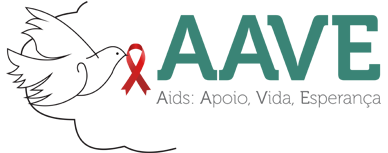When everyone was celebrating India’s seventy-sixth Independence Day, there was an unbearable sense of crisis at the Chanderlok Building on Janpath, in the heart of the national capital. About forty people living with HIV were sitting in protest inside the building, which houses the National AIDS Control Organisation. They had a single demand: the government should restore the supply of HIV medicines for one month. The country was facing stockout of key HIV medicines, such as dolutegravir, lopinavir and abacavir.
The protestors told me that on 13 August they were informed that the building would be closed for three days. It meant that all the bathrooms were shut, except a few on the ground floor. Lifts were not working either. To use the bathroom or bring food, the protesters had to go up and down 152 stairs each time. “There is no ventilation, and the only exhaust fan on the stairs does not work,” said Denzel, a member of the Delhi Network of Positive People, or DNP+. He said that they requested the authorities many times to start the exhaust fans, but to no avail. After three or four weeks, many protesters started to fall ill. “We have been eating only outside food for many weeks which is not good for health,” Denzel said. “Lack of ventilation also means more exhaustion for the body.” I saw medical prescriptions for vomiting, headache and diarrhoea for at least three protesters. Many others complained of the same ailments.


